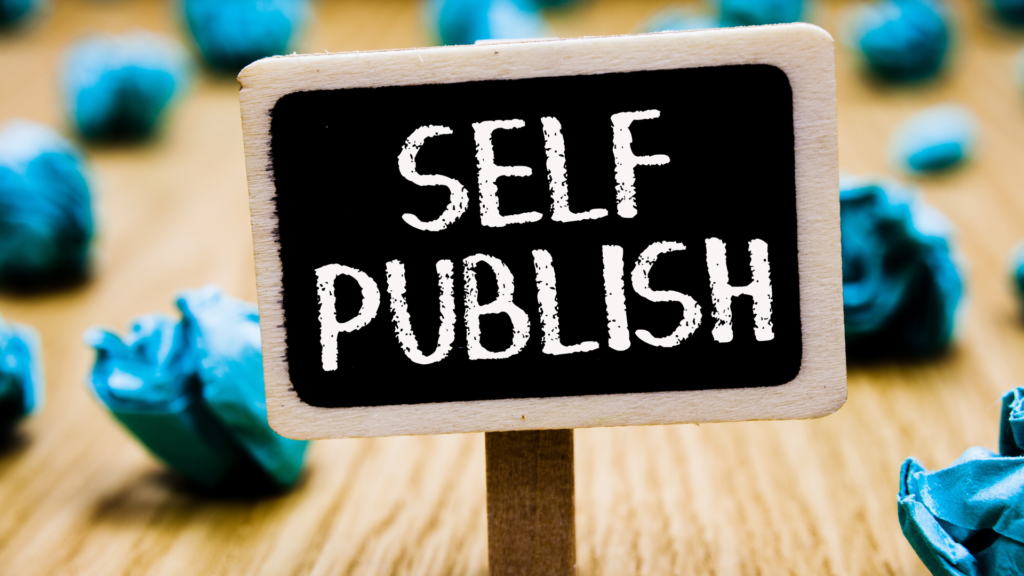Editing one’s work as one goes along allows for the possibility of catching mistakes before they get too far along. However, this method has some drawbacks. With the first draft being finished at the end of the day, it can be difficult to get back to it once a week and continue editing. Also, as one progresses, revision becomes more and more difficult since it’s harder to track down mistakes and fix them on the fly.
Many of us are familiar with software like Scrivener, TextEdit, and NisusWriter, which lets us continue working on a project while leaving the writing for later. This lets us experiment with a scene or chapter without worrying about disrupting the storyline.
To ensure you get your edits done, you may have to use a certain number of tools. Editor, spellcheck, grammar checker, and a thesaurus are just a few. But more importantly, you’ll need to know how to use them and how to make the most of them. Presented here are a few points you should know about using grammar and spellcheck.
There are two basic approaches to writing: edit as you go (or “EAG”) and edit your work once you’re done. Some writers use EAG because they believe it’s faster, but in reality, it’s not. The reasons are many and varied.
When you’re writing a book or article, you’re not limited to just one specific point of view — you can give your readers many different ways to experience your story. Making choices about how you write about your story doesn’t mean you should limit yourself to what you think is the “best” way to write. No single way will work for everyone.
If you are a writer, you know that every word needs to be carefully thought out. When it is time to edit or post a piece, you need to be able to look at it through a different lens. You need to know that you are writing, not editing. You need to write as you go. You can get really good at this, but you will have to make adjustments along the way. Sometimes you will stumble over a word and wonder if you can fix it. Other times, you will have to write the entire thing over again. If you are writing as you go, you will know what you need to do, and you can edit or rewrite as you need to.
There are lots of different ways to write; some are more formal, and some rely on a more informal style. There are lots of websites that offer advice on how to be a better writer. Some of it is likely to be good and some not so much, but the point is, you can find a lot of content about writing. I have been writing since I was a kid and have learned a lot along the way. The thing is, there is no way to become a great writer from books, as there is no guarantee that you will have the same level of talent as the writer you are reading about.
Editing your work once you are done is a crucial step in any writing process. In fact, the importance of editing for any writer cannot be overstated. It is so important that some writing guides even recommend getting your work edited before you submit it to a publishing house. It could be that the editor is offering valuable advice on the editing process or that some writers have a bad editor, and their work would benefit from an extra pair of eyes.
Editing is a monumental challenge for any writer, and there are many ways to approach the job. If you’re a “copy and paste” kind of person, you can wait until you’re done and then do your final touches from a word processor. Some prefer to work on individual sentences and paragraphs as they go. The biggest advantage to this approach is the speed it lets you work and that you have a record of your progress.

